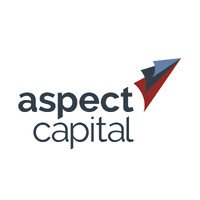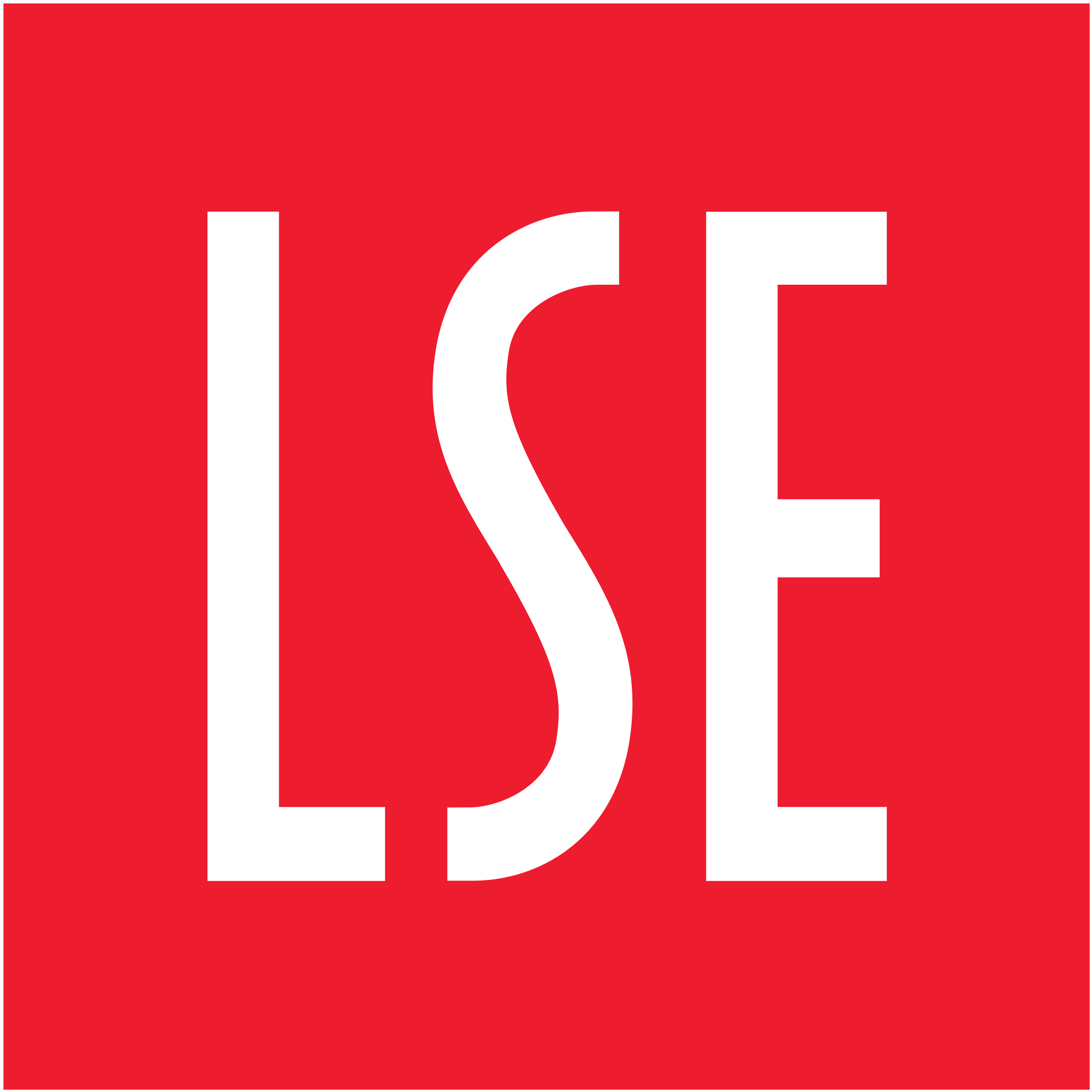This term, one of the third year Physics students is running a competitive, high-stakes treasure hunt as a fundraising event for the charity Christians Against Poverty. They would like to invite and encourage many of you to take part as you would be very well equipped to solve the puzzles involved. The essential details are as follows:
Quantum Information Science & Technologies CDT offers a unique training and development experience for those wishing to pursue a career in the emerging quantum technologies industry, and they are now recruiting to their PhD programme for entry in September 2026.
Open days will be held at Bristol on 12th December 2025 and Sussex on 24th January 2026.
The EPSRC Centre for Doctoral Training in Quantum Informatics (QI CDT) invites applications for up to 16 fully funded four-year PhD studentships in Quantum Informatics with Integrated Study for September 2026 entry.
These PhDs will begin in September 2026, and the deadline to apply is 8th January 2026.
How to Apply
The start of a new term can often be an overwhelming time. There's lots of resources for you within your College or across the wider university. Here in the Maths Institute, we want to support you as best we can.
The Maths Institute has a student-specific email that can act as a first point of call. If you have a question or concern and you're not sure who to ask, email @email.



 Liberty Global will be holding a Careers Insight Event on the 23rd October at 5pm in the Tanner Room in Linacre College.
Liberty Global will be holding a Careers Insight Event on the 23rd October at 5pm in the Tanner Room in Linacre College.  The LSE Department of Statistics PhD Open Day is on 11 November 2025. This event is designed for aspiring research students who are keen to learn more about studying a PhD in Statistics at LSE. It is also a fantastic opportunity to meet our faculty, current research students and alumni.
The LSE Department of Statistics PhD Open Day is on 11 November 2025. This event is designed for aspiring research students who are keen to learn more about studying a PhD in Statistics at LSE. It is also a fantastic opportunity to meet our faculty, current research students and alumni.